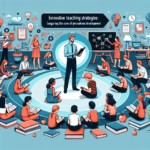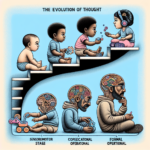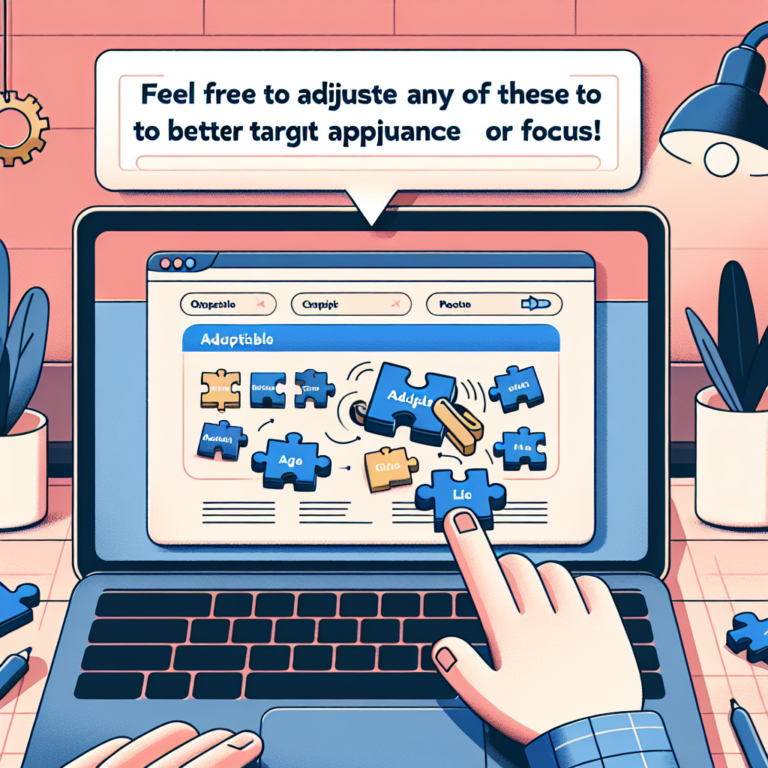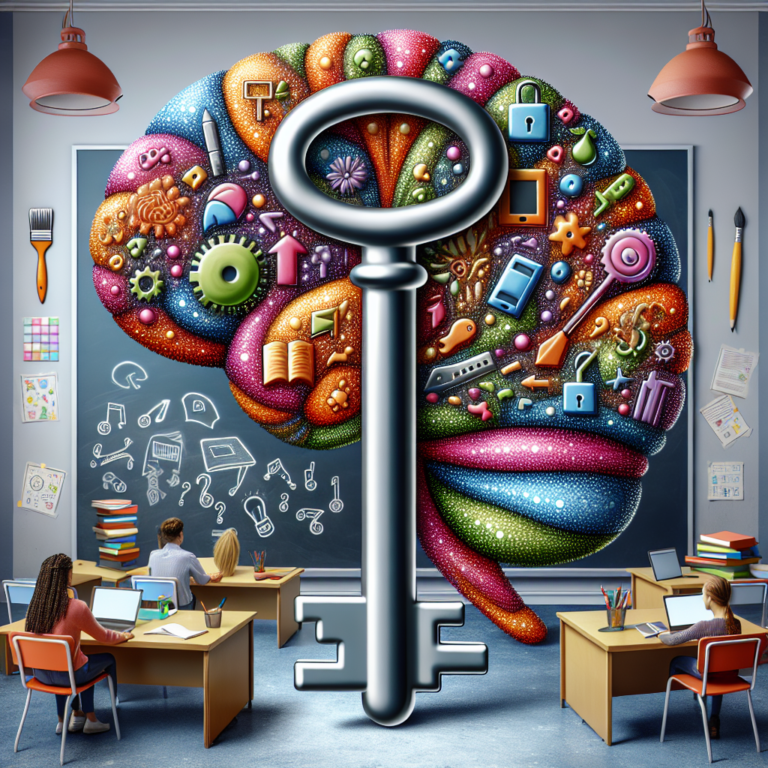
Introduction
Have you ever learned to ride a bike without obsessively studying the mechanics? Or perhaps, you picked up a new language simply by immersion without memorizing a single vocabulary list? Welcome to the world of implicit learning—a process so seamless and natural that it often goes unnoticed. Unlocking the Mind: The Power of Implicit Learning in Everyday Life reveals the hidden strengths we possess, demonstrating how this form of learning can enhance our everyday experiences. In this article, we’ll explore the profound implications of implicit learning, its applications, and how you can harness its power in your life.
What is Implicit Learning?
Understanding Implicit vs. Explicit Learning
Implicit learning is often contrasted with explicit learning, the process where individuals deliberately seek to acquire new knowledge or skills. While explicit learning involves conscious effort and often systematic study, implicit learning occurs subconsciously.
For example, a child may learn the grammar of their native language effortlessly through interaction, while an adult may study rules intensively to learn a new language. This distinction is crucial for Unlocking the Mind: The Power of Implicit Learning in Everyday Life.
Table 1: Implicit vs. Explicit Learning
| Feature | Implicit Learning | Explicit Learning |
|---|---|---|
| Consciousness | Subconscious | Conscious |
| Method | Passive observation | Active study |
| Retention | Long-term | Variable |
| Examples | Language acquisition | Formal education |
The Science Behind Implicit Learning
How Does It Work?
Implicit learning primarily relies on exposure, pattern recognition, and integration of information without the need for conscious attempts to understand or memorize. This process is believed to occur in several brain regions, including the basal ganglia and the cortex, highlighting its neural underpinnings.
Case Study: Language Acquisition
Research shows that children acquire languages intuitively. A landmark study by Kuhl et al. (2003) demonstrated that infants exposed to diverse phonetic sounds could distinguish them, even those not present in their native tongues. This study illustrates implicit learning, where unconscious processes enable mastering complex systems, making this an essential focal point for Unlocking the Mind: The Power of Implicit Learning in Everyday Life.
Real-World Applications of Implicit Learning
1. Everyday Skills: Cooking and Sports
Take cooking, for instance. Most people learn how to prepare meals through watching others or trial and error, not by following a strict recipe. Sports also hinge on implicit learning. Athletes often make split-second decisions based on situational awareness—something that becomes second nature through repeated practice.
Case Study: The Implicit Learning of Athletes
A study led by Barbara A. M. M. Baumeister (2008) highlighted how basketball players become adept at shooting without detailed analysis of their shooting form. The athletes developed an intuitive understanding through practice, showcasing the essence of implicit learning in sports.
2. Enhancing Creativity
In the arts, implicit learning plays a crucial role in developing creativity. When artists paint or musicians compose, often they aren’t consciously recalling techniques but are instead drawing from a vast reservoir of past experiences and knowledge.
Table 2: Implicit Learning in Creative Fields
| Creative Field | Application |
|---|---|
| Visual Arts | Techniques absorbed through observation |
| Music | Chord progressions learned by ear |
| Writing | Styles and structures internalized through reading |
3. Learning in Professional Environments
In the workplace, implicit learning can facilitate teamwork and leadership. Through social interactions, individuals can acquire soft skills like empathy and collaboration without formal training.
Case Study: Implicit Learning in Business
In a corporate study by Kolb and Kolb (2009), employees reported higher engagement when they learned through collaboration rather than formal presentations. Observing peers or participating in group projects allowed for the development of necessary workplace skills subconsciously.
Strategies to Harness Implicit Learning
1. Emphasize Experience Over Memorization
Rather than striving to memorize facts, immerse yourself in experiences related to your interests. This could mean exploring different hobbies, engaging in discussions, or simply exposing yourself to new environments.
2. Foster a Growth Mindset
Adopt a growth mindset—understanding that abilities can be developed. Emphasizing effort over innate talent encourages exploration and curiosity, crucial for Unlocking the Mind: The Power of Implicit Learning in Everyday Life.
3. Create Multi-Sensory Learning Opportunities
Combine visual, auditory, and kinesthetic activities to facilitate implicit learning. Workshops and practical experiences can reinforce understanding in a way that mere instruction cannot.
Conclusion
Implicit learning is a powerful yet underappreciated ally in our journey of personal and professional development. By Unlocking the Mind: The Power of Implicit Learning in Everyday Life, we can tap into an enhanced mode of learning that enriches our experiences, fosters creativity, and cultivates vital skills. Remember, every time you immerse yourself in a new experience, you’re engaging in the profound process of implicit learning. So go out, explore, and embrace the journey of life as your ultimate classroom!
Frequently Asked Questions (FAQs)
1. What is the difference between implicit and explicit learning?
Implicit learning occurs subconsciously through experience, while explicit learning involves conscious, deliberate attempts to acquire knowledge.
2. Can implicit learning be measured?
Yes, various psychological assessments and observational studies can evaluate implicit learning through pattern recognition and skill acquisition without conscious awareness.
3. How can I encourage implicit learning in my children?
Allow them to engage in activities and observations rather than focusing solely on explicit instruction. Provide varied experiences that promote natural learning.
4. Is implicit learning effective for all subjects?
While it is prevalent in language and skills acquisition, its effectiveness may vary depending on the complexity of the subject and individual learning styles.
5. How can I apply implicit learning in my professional life?
Encourage collaborative environments, seek mentorship opportunities, and participate in diverse projects to absorb knowledge and skills implicitly.
This article reveals that we are continuously learning, often without even realizing it, and the ways we can leverage that natural strength to enrich our lives. Through implicit learning, we find ourselves equipped to not only adapt but thrive in a rapidly changing world.

















